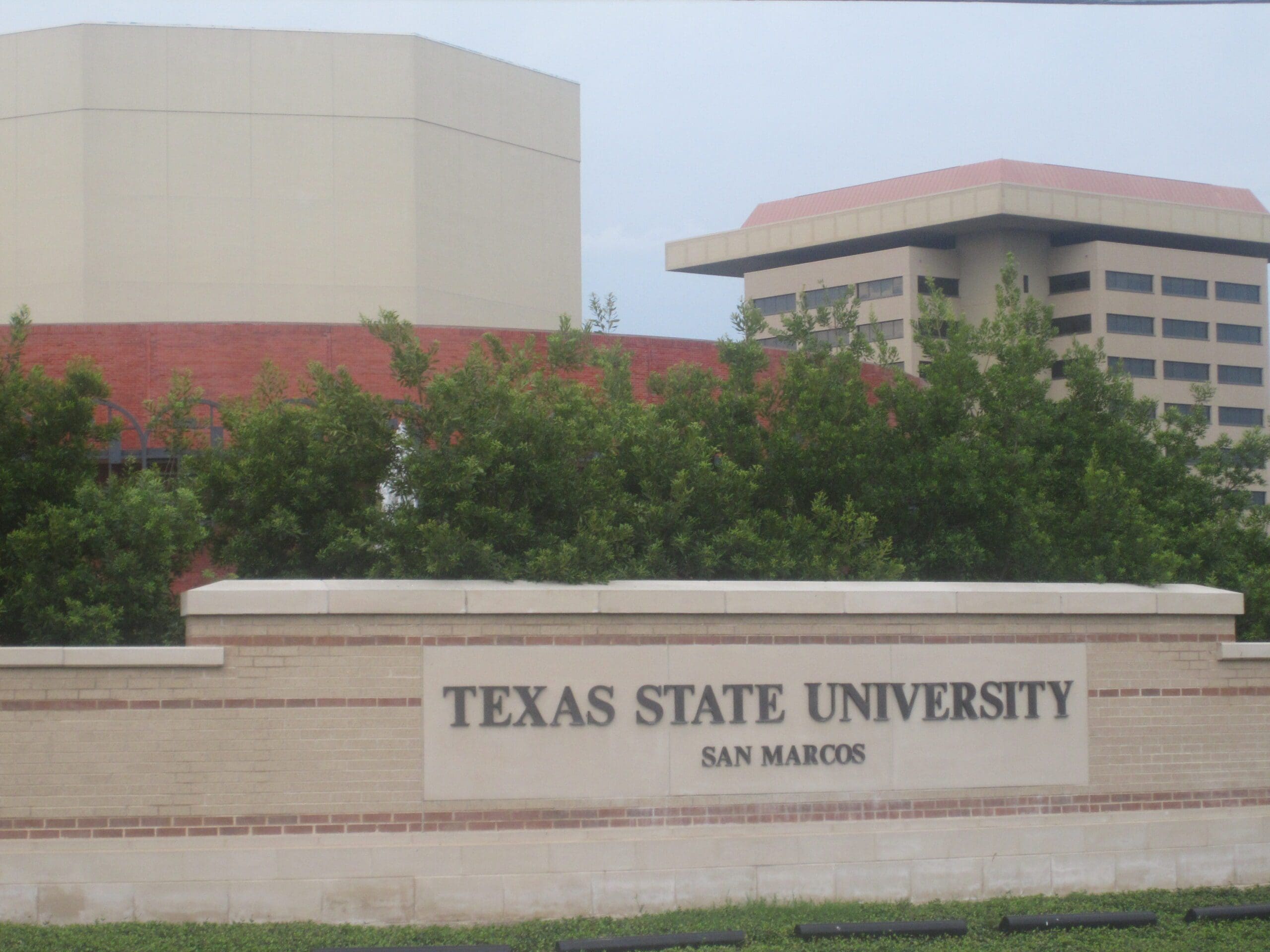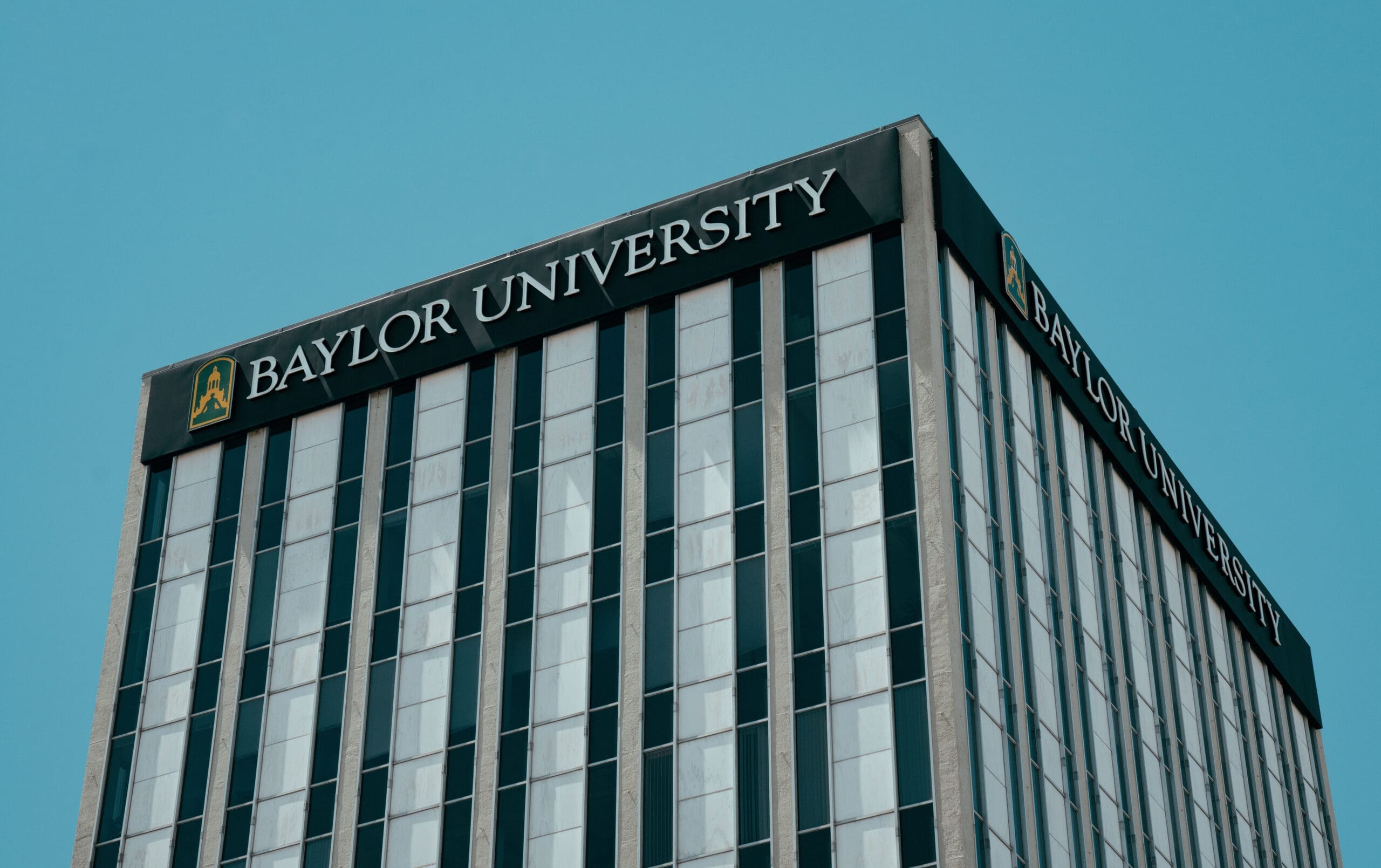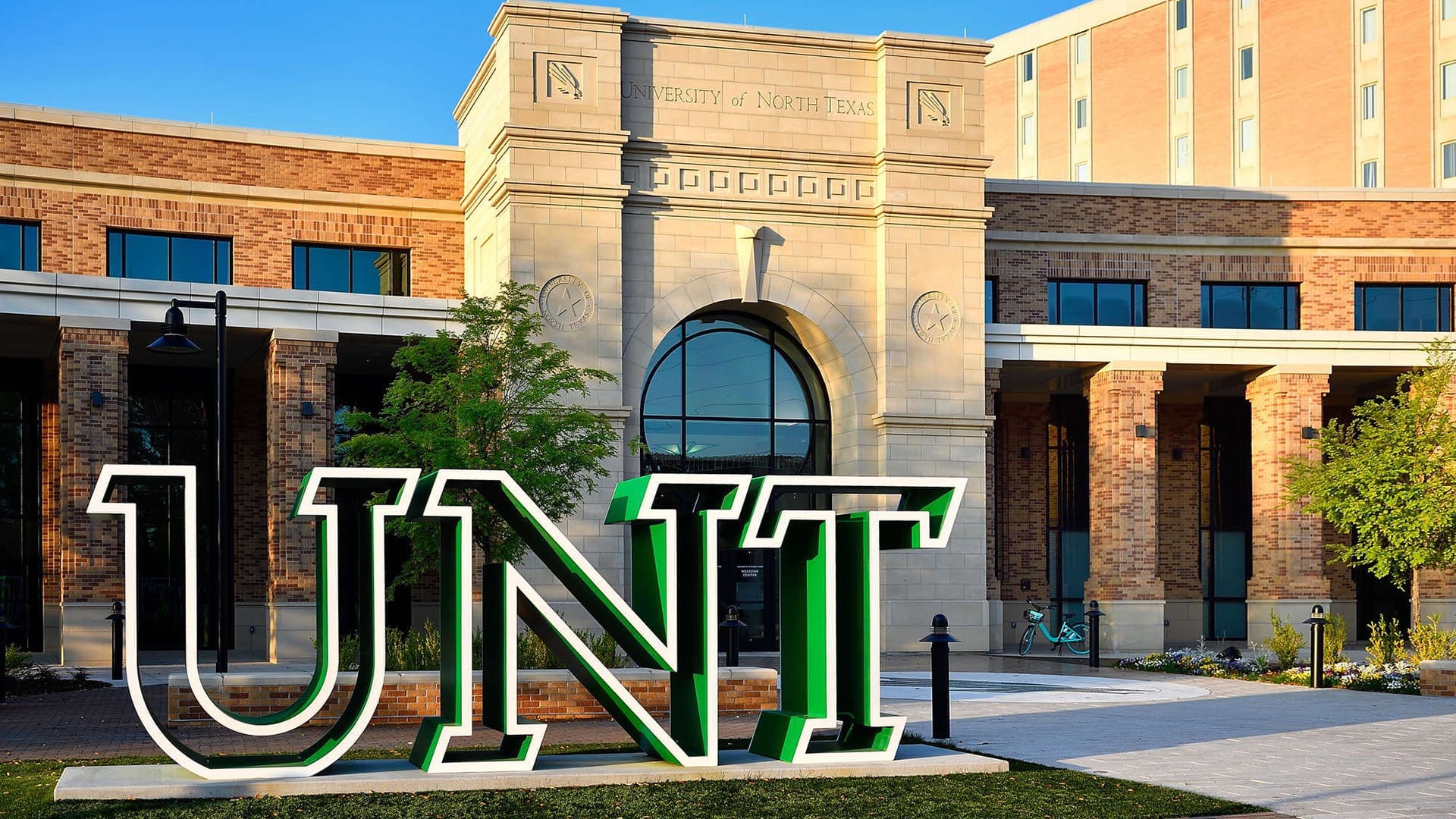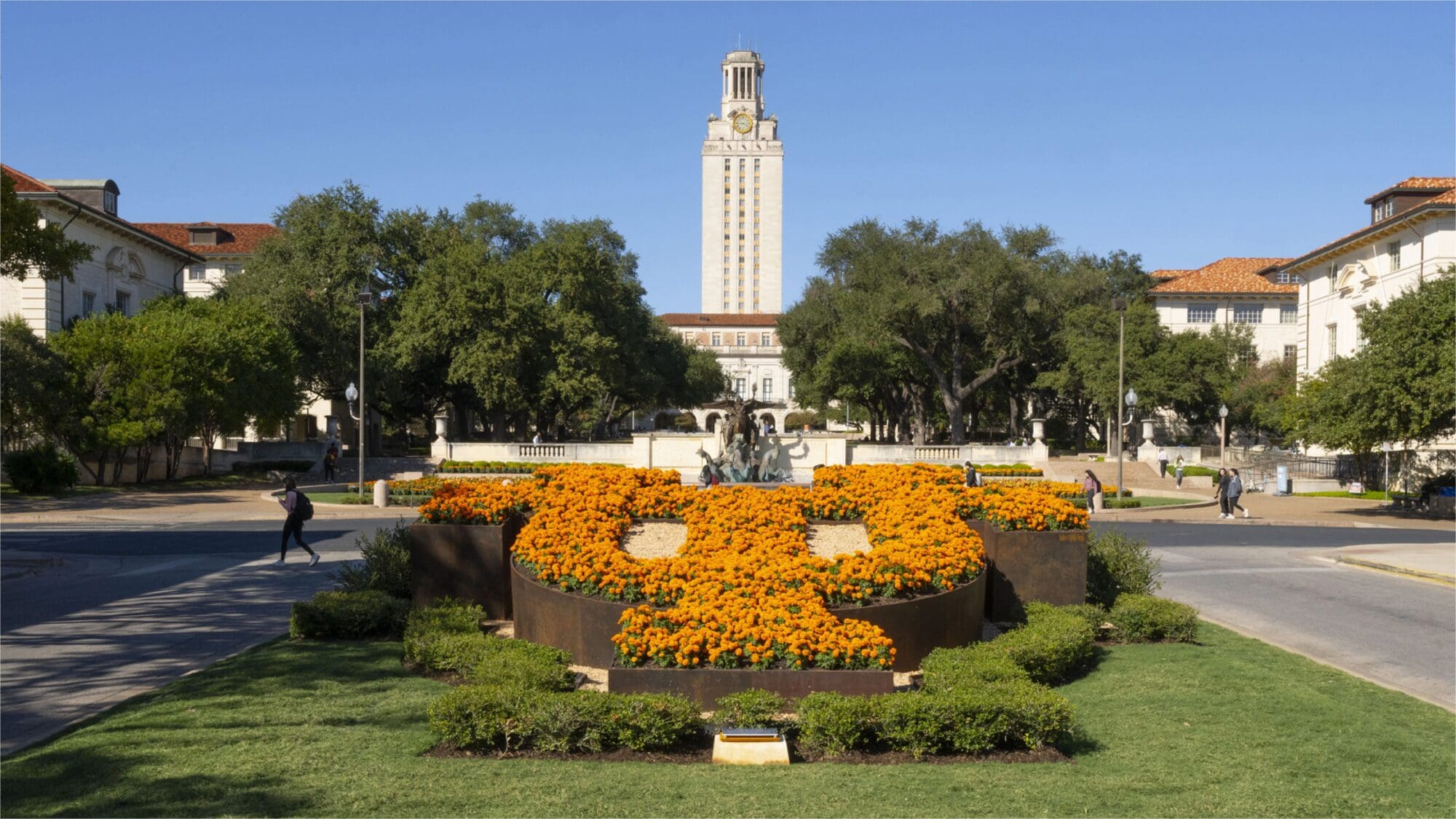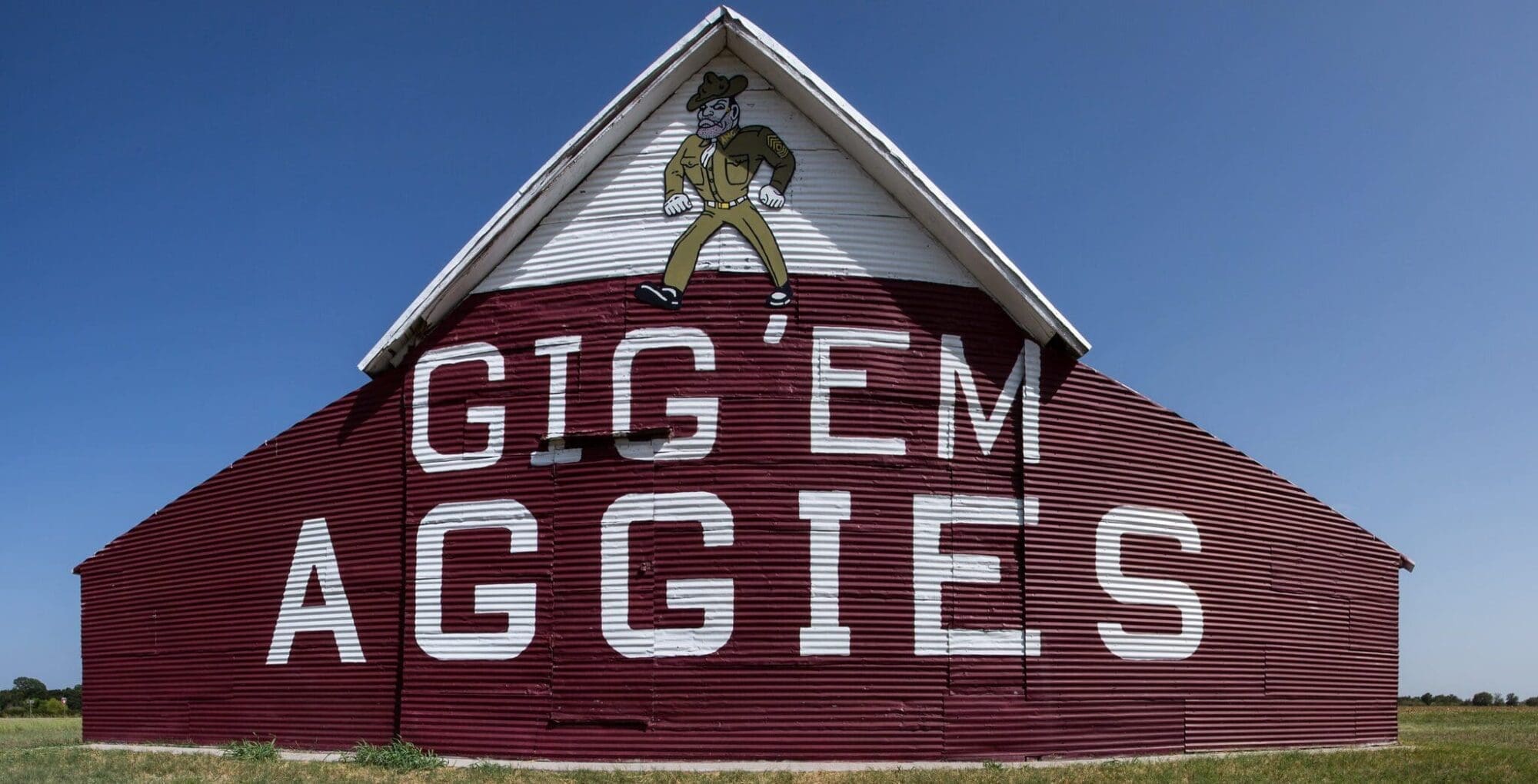Amid debates over the diversity, equity, and inclusion policies that Texas universities are adopting, Texas State University is being sued for alleged First and 14th Amendment violations.
The organization Speech First, a group that seeks to protect the rights of college students through litigation and other lawful means, has filed a lawsuit against the university because of two policies they say are designed to stifle free speech.
In September 2020 the university revised its “Prohibition of Discrimination” policy, in which they hold that harassment is a form of discrimination. Texas State defines harassment as “a form of discrimination consisting of unwelcome verbal, written, graphic, or physical conduct that: is directed at an individual or group of individuals because of their race, color, national origin, age, sex, religion, disability, veterans’ status, sexual orientation, gender identity, or gender expression.”
However, according to the lawsuit, the university has adopted policies that are too broad and would punish students for expressing certain political and social views.
In July 2022, the university updated its policy to prohibit the use of the university’s information resources like students email addresses to “affect the result of a local, state, or national election or to achieve any other political purpose.”
Speech First claims the policy is too vague and, due to the word “political” being undefined, would bar students from using their university email to send messages with a political purpose.
“Texas State’s policies are clearly designed to deter and restrict student speech all together, with both policies working in tandem to limit free expression and the exchange of viewpoints on campus. Instead of promoting an environment of learning, intellectual exploration, and open discourse, Texas State has chosen the inverse,” Cherise Trump, executive director of Speech First, said in a statement.
This isn’t the first time Texas State has had a run-in with the First Amendment. In 2017 the school’s independent student newspaper, The University Star, published an editorial by opinion columnist Rudy Martinez, where he argued that race is a social construct used to oppress non-white populations. The university’s president denounced the publishing of the article, and the student government president threatened to strip the paper of its funding unless its editor-in-chief, the opinions editor, and the columnist all resigned.
Texas State had another run-in with the First Amendment in October 2022, when three student employees were issued written warnings for speaking with The University Star. At the time, the university’s employee media policy barred resident assistants and other university employees from speaking to the media without administrative approval. The Foundation for Individual Rights and Expression (FIRE) urged the university to revise the policy and follow its First Amendment obligations. By January 2023, Texas State responded and confirmed it had removed the written warnings from the RAs’ personnel files.
“Texas State administrators have created a campus controlled by fear where students are afraid to share their opinions, engage their classmates, or even posit new ideas,” said Trump. “By violating their students’ First and Fourteenth Amendment rights, Texas State claims they’re protecting students. How can Texas State claim to protect students while violating their rights?”
No ads. No paywalls. No government grants. No corporate masters.
Just real news for real Texans.
Support Texas Scorecard to keep it that way!
